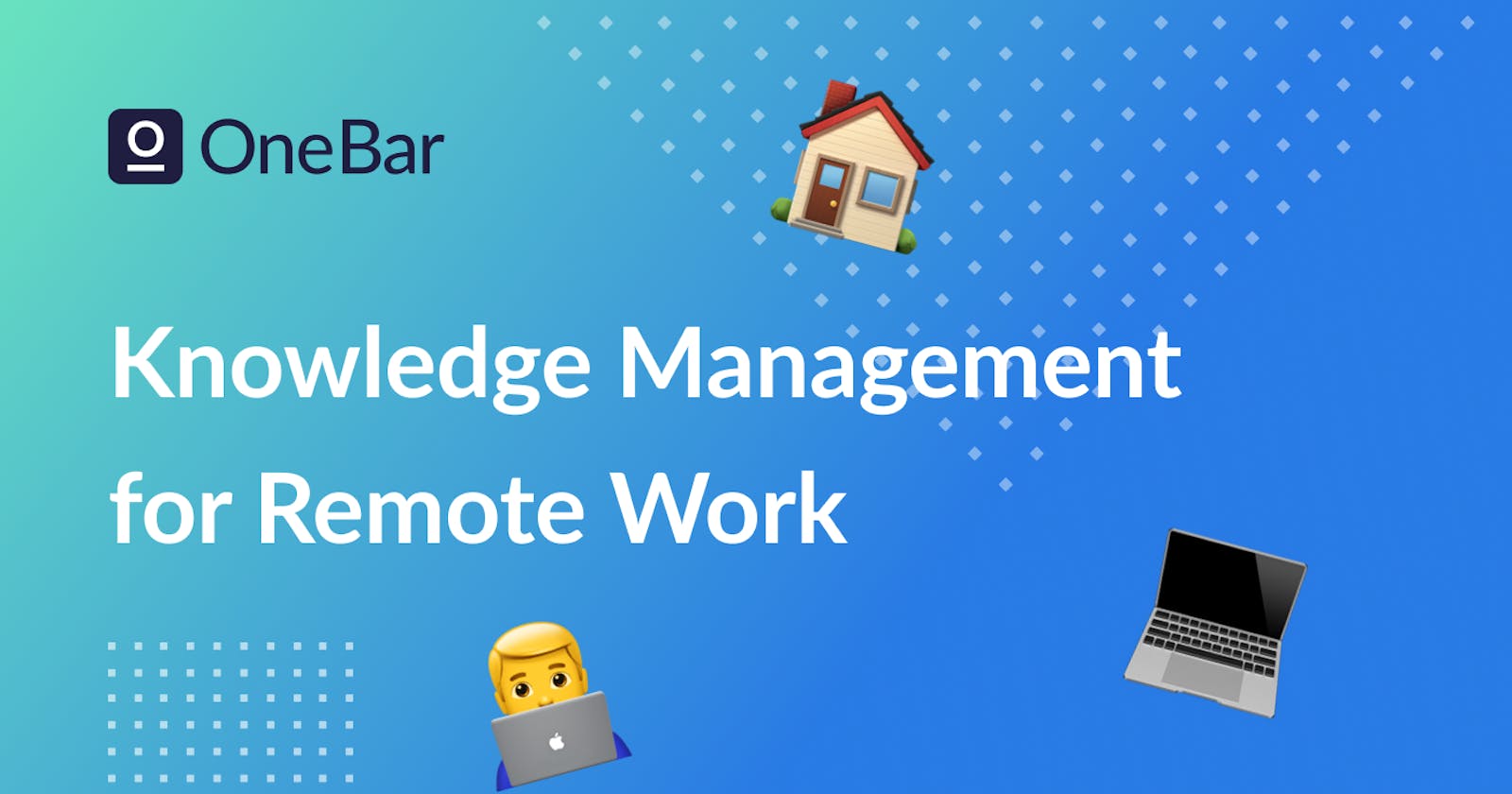Remote work is challenging for both managers and their subordinates. Managers highlight reaching higher productivity levels but struggle to retain employees and allocate knowledge across departments. On the other hand, employees may feel socially isolated and unable to maintain a work-life balance even in convenient environments. How can knowledge management improve remote workflow?
Tightly polished knowledge management contributes to the individual work success and performance of entire departments. It slips through the workflows and keeps knowledge organized, accessible, and relevant. Remote teams that choose to get complete control over their knowledge enjoy these benefits:
- They preserve company structure even at a distance;
- They have consolidated transparent workflows;
- They share a common vision and practices;
- They gain autonomy in decision-making;
- They stay productive and open to new experiences.
Integrating knowledge management requires the same treatment as any business process. However, taking the first steps for a small team or department is easy. Such software as Kipwise, OneBar, or Tettra is explicitly designed for merging with the most popular workflows powered by intensive Slack communication or volumes of Google Drive documentation.
Knowledge management practices lead to higher worker energy, dedication, and absorption levels. It helps mitigate employee turnover and keeps every team member on the same page. Read more about tips on what to keep in mind while setting up knowledge management in a remote team: blog.onebar.io/knowledge-management-for-rem..

